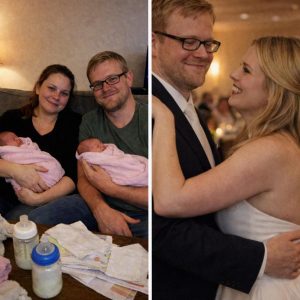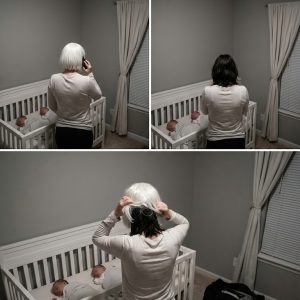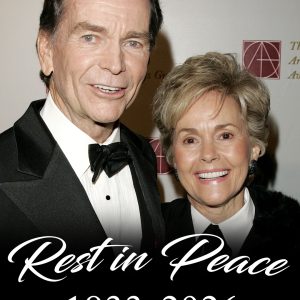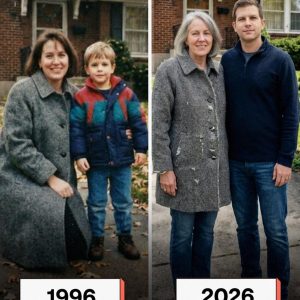Paragraph 1
Laura’s early life was shaped by a father whose quiet discipline and unwavering humility became the moral compass of her world. After losing her mother at a young age, she watched him navigate grief while raising her alone, balancing tenderness with expectation. Though he was a highly respected lawyer, he refused to let his profession become a shortcut for her; instead, he taught her the value of perseverance, integrity, and effort. He insisted that strength was not inherited but built through consistent choices, and Laura absorbed those lessons so deeply that they became inseparable from her identity. Her determination to forge her own path in the legal field—independent of his name and reputation—was not born from rebellion but from respect, a desire to honor the values he had modeled throughout her upbringing.
Paragraph 2
As Laura matured, her father’s protective instincts extended beyond her career and into her personal life. When she began dating Max, a man whose charm often masked a streak of complacency, her father quietly voiced concern. He observed in Max a lack of ambition and a subtle but persistent curiosity about the family’s finances—traits that troubled him far more than Max’s superficial politeness. Laura, however, believed that relationships required trust and patience; she interpreted her father’s warnings as generational skepticism rather than grounded insight. When she chose to marry Max, she did so with confidence in the love she felt and the future she hoped they would build. In her mind, commitment meant faith, and she was unwilling to judge Max through the lens of suspicion.
Paragraph 3
But the truth Max had veiled for years revealed itself with startling clarity after her father’s death. What should have been a time of mourning and reflection became instead a moment when Max’s priorities surfaced in their rawest form. His first question—asked with startling bluntness—was how much money Laura would inherit. When she explained that she would receive nothing because she was adopted and her father had structured the estate accordingly, Max’s demeanor shifted instantly. The illusion of partnership evaporated. Within days, he filed for divorce, making plain that his commitment had been built not on affection but on expectation. The marriage Laura had defended so faithfully collapsed under the weight of his unveiled motives.
Paragraph 4
In the aftermath, Laura found herself wrestling not with heartbreak, but with the sting of misjudgment. She replayed her father’s warnings, seeing now how perceptive they had been. Yet instead of drowning in regret, she began to understand her father’s final lesson—a lesson he had woven into his estate planning as carefully as he had woven values into her childhood. Months after the divorce filing, Max asked to meet for dinner, likely hoping for some belated explanation or possible reconciliation. What he received instead was a truth he had never imagined. Laura calmly revealed that her father had indeed left a substantial inheritance, but with a single, deliberate condition: half of the estate would pass to her and her husband, but only if the husband remained married to her for five full years after her father’s death. Her father had anticipated greed and designed a test time itself would expose.
Paragraph 5
Max’s face reportedly drained as he realized the magnitude of what he had thrown away—not only the marriage he dismissed so casually, but a fortune he had assumed was already lost. By abandoning Laura at the moment he revealed his motives, he had forfeited the very thing he desired. As she rose from the dinner table, Laura felt no triumph, only clarity. Her father’s wisdom had shielded her even in his absence, teaching her that integrity protects itself in ways deception never can. The man she had once trusted walked away empty-handed, while she walked away emotionally intact, strengthened by the understanding that her father had given her one final gift: the ability to see through illusion, choose herself, and continue her life unburdened. In the end, the true inheritance was not money but insight—an inheritance Max was never equipped to value.




